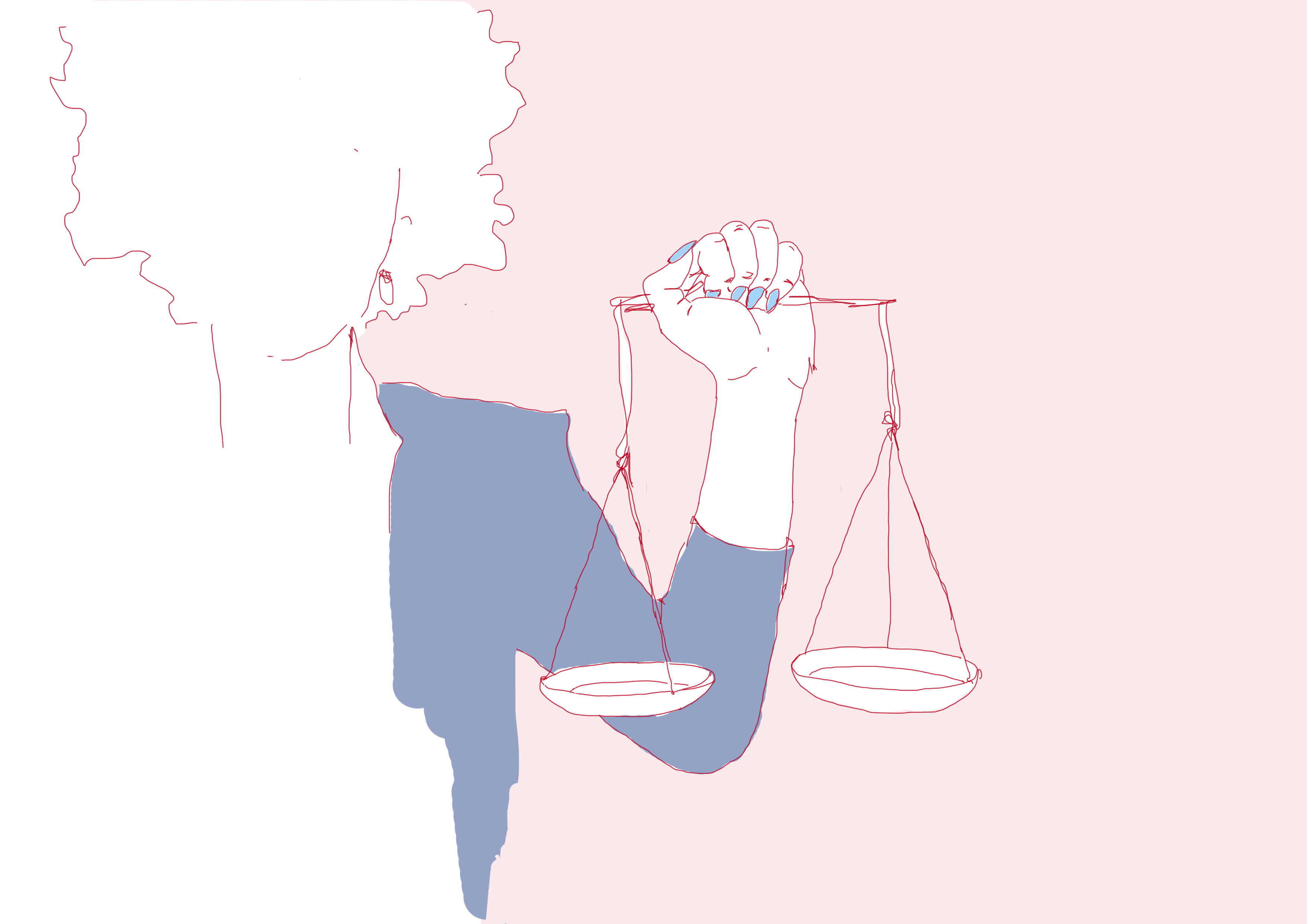
Sadly, research into the British workplace reveals the post-racial fallacy is just that- a fallacy. For a growing number of British employees, racial discrimination is tangible and persistent. It creeps into recruitment practices, pervades culturally insensitive office banter, and plays an unnervingly large role in dismissal practices. It is undeniable from the interview to the dismissal that the British workplace is far from colour-blind. And naturally, by way of my distinguished foe – intersectionality, women from ethnic minorities are riddled with the dual burdens of racial and sexual discrimination, often in silence.
For all its acclaimed developments, the British workforce is but one microcosm of wider society where discrimination too easily targets women of colour. Women that have been taught not to complain too much, to disguise their sensitivities with a hardness that should never be too domineering, to be a boss but never a bitch. So where should they turn, these women of colour, when their bosses inform them that they are “not sure whether an afro really works here” or when they are mistaken for the only other BME employee in the office?
To the employment tribunal of course. The judicial institution entrusted to resolve disputes between employers and employees independently and impartially. Except men and women from ethnic minorities rarely complain to the employment tribunal. Despite the fact that 33 per cent of black and minority ethnic people outlined their experiences of discrimination in a work context to the Equality and Human Rights Commission, only 0.01% make a formal complaint to the Employment law tribunal.
In modern Britain, ethnic minority employees are almost always underplaying the racial prejudice they face at work. It appears racism is accepted as part of the culture of work. As is misogyny, to the extent that women of colour expect and anticipate discrimination at work. This normalisation of unlawful abuse contributes to the mass under-reporting of sexual harassment in the workplace, something the Everyday Sexism Project agrees with.
More recently, the wider socio-economic disadvantages women face have excluded them from obtaining legal redress. From 2013, the employment tribunal levied an upfront cost of £250 for bringing a claim of discrimination and £950 for a hearing. These fees might not seem burdensome on paper, but are much more difficult to accumulate in reality by women who more frequently than men work part-time and continue to suffer from wage discrimination.
Of course, it is slightly speculative to assume all women that are discriminated against at work are also underpaid. However, in this case, the figures speak for themselves. It is not a serendipitous coincidence that sex discrimination claims brought by women against employers have fallen 80 per cent since court charges were introduced. Nor is it a fluke that the number of claims being filed by women has fallen at a greater rate than for men. The numbers are clear: women are simply being “priced out of justice in the workplace.”
I find this fact seriously distressing. It even induces tears, because I thought the price of liberty was “eternal vigilance,” yet for the 80 per cent of women that now are unable to afford tribunal fees, it is clear the price of liberty is far more material than this adage suggests.
Nevertheless, I am saddened most by the fruitlessness of a trip to the tribunal for the average woman of colour. Once again, the raw statistics demonstrate that employment tribunals consistently fail women of colour. Claims for racial and/or sexual discrimination are persistently dismissed.
Generally, discrimination claims are incredibly difficult to prove. Their requirement that the victim proves they were indeed discriminated against- and not that the employer prove they were not discriminatory- is an insurmountable challenge for the majority of claimants regardless of race. But it is in racial discrimination cases that the assumed impartiality of the judiciary begins to unravel. For it is in these cases that predominantly white, male judges are required to decide which evidence they find most compelling: that of the disgruntled BME employee who is certain they have been discriminated against, or that of the typically white employer keen to highlight their unbiased decision-making.
It is in these cases that judges must choose between their own subconscious preferences and the letter of the law, and of course the ideal judge would gladly do so. However, the reality of racism with its pervasive, systemic nature ensures that the judiciary are also prone to a culture of disbelief when racial discrimination cases come before them. Members of the bench too, would rather decide that an employer’s records of an employee’s poor appraisals are the cause of their demotion, not the employees’ belief that their demotion was due to their race.
Members of the bench have in the past decided that a BME employee’s failure to gain a job appointment was racially motivated and yet have concluded that it was not racist. A decision that is far less incredulous than it initially seems, because, in the words of the tribunal itself, proving racism can be “speculative to the point of being hopeless.” And how much more speculative will this testimony be when discrimination at work is muttered mutedly from the stiffest upper lip? Arguably, impossible. Or as the court in Anya v University of Oxford [2001] decided improbable!
How improbable can it possibly be when racism is blatant? Or in instances when sexism is palpable? The 2015 victory of firearms officer Carol Howard suggests that in these circumstances, the odds are ever more in our favour. To me, the judicial acceptance of discrimination in these cases is heartening. It highlights that the culture of disbelief can be overcome. This gives me some comfort as the Trade Union Congress predict a Post-Brexit increase in workplace racism. Yet, as the majority of its victims know, discrimination is often more discreet. It is high time the tribunals come to recognise these concealed attacks for what they are; violations of dignity. Pressure must be placed on our justice system to honour its name.









